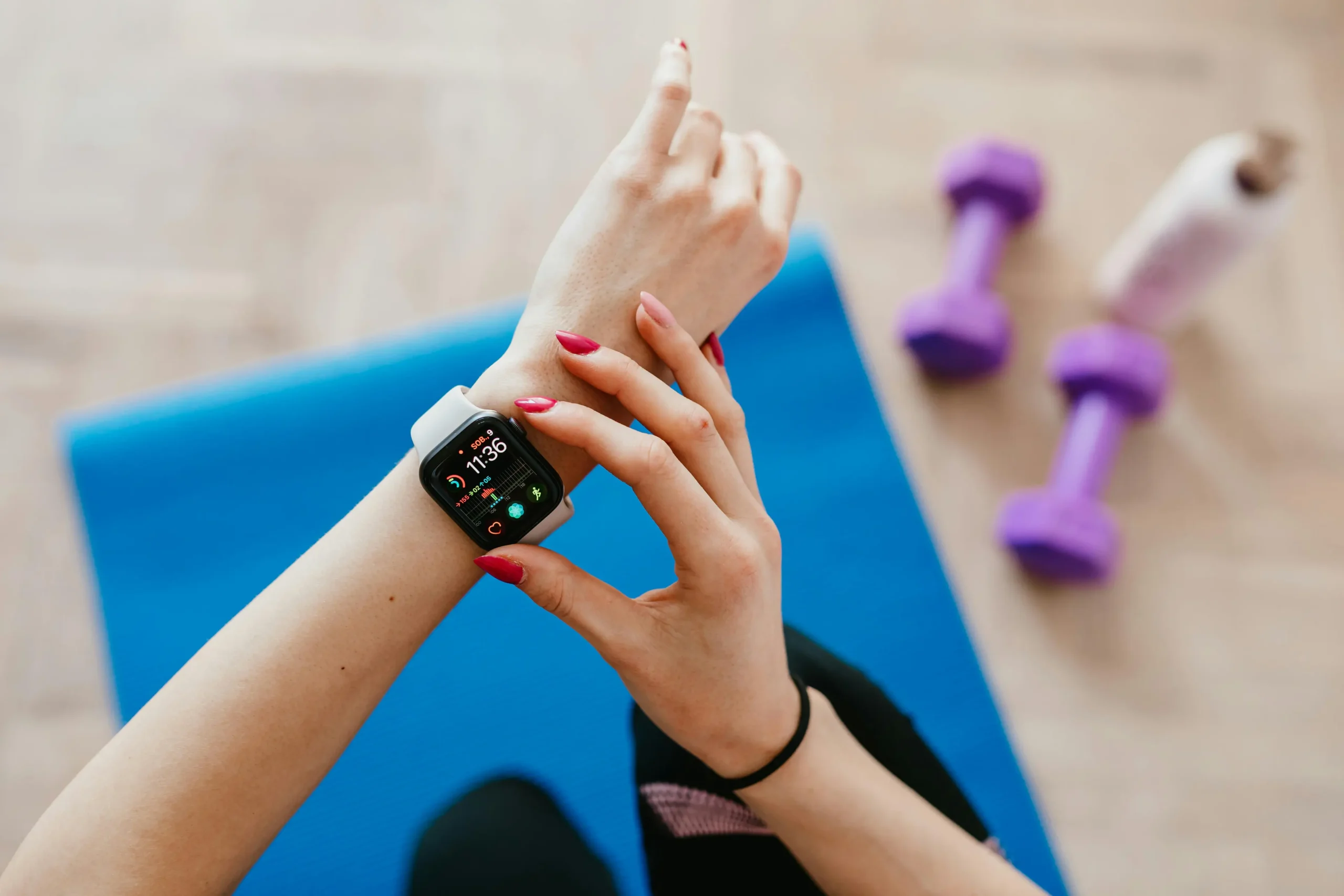In recent years, fitness trackers have become one of the most popular health tech accessories around. From casual walkers to elite athletes, millions of people wear smartwatches and bands that track everything from steps taken to sleep quality, heart rate, and even stress levels. But with so many features—and price tags ranging from affordable to extravagant—it’s fair to ask: Are fitness trackers really worth it for your health?
Let’s explore what they do, how they can help (or hinder) your fitness journey, and whether they’re a good investment for your personal wellness goals.
What Do Fitness Trackers Actually Track?
Most modern fitness trackers offer a range of features that go well beyond step counting. Depending on the model, they may track:
- Steps and distance walked.
- Heart rate (resting, active, recovery).
- Calories burned (estimated).
- Active minutes.
- Sleep quality and duration.
- Stress levels.
- Blood oxygen levels (SpO2).
- Workout types and intensity.
- GPS location and pace (for running, cycling, etc.).
Some also include reminders to move, hydration tracking, menstrual cycle logging, and guided breathing or mindfulness sessions.
The Benefits Of Fitness Trackers
- Increased Awareness And Motivation
One of the biggest benefits of fitness trackers is awareness. Many people underestimate how little they move in a day until a tracker tells them they’ve only walked 3,000 steps instead of the recommended 10,000.
That awareness can be motivating. Setting daily step or workout goals, closing activity rings, or earning badges gives users a sense of accomplishment. The visual data and real-time feedback can help build healthy habits through consistency.
- Accountability And Routine Building
Fitness trackers help many users stay accountable. You’re more likely to go for that post-dinner walk if your tracker reminds you you’ve been inactive for an hour. Seeing streaks or progress bars can encourage routine and discipline, especially for beginners trying to adopt a more active lifestyle.
- Insight Into Your Body And Habits
Modern trackers can reveal patterns in sleep, heart rate, and stress, which many people overlook. For example, your tracker might show you that you sleep poorly on nights you drink alcohol, or that your resting heart rate improves with regular exercise.
This information isn’t just data—it’s insight you can use to make better decisions for your overall health.
Where Fitness Trackers Fall Short
While fitness trackers can be useful, they’re not perfect.
- Accuracy Varies
Most devices offer estimates, not medical-grade accuracy. Step counts may be off if you use a treadmill or push a stroller. Calorie estimates can vary wildly depending on your body composition, age, and the algorithms used.
Sleep tracking, while improving, still isn’t a substitute for clinical analysis, and stress metrics based on heart rate variability may not reflect emotional stress accurately.
- Obsession And Over-Reliance
For some people, constantly checking data can become anxiety-inducing. Obsessing over hitting daily goals can take the joy out of movement, and guilt from “missed targets” may be counterproductive.
It’s important to use these tools as a guide—not a judge.
So, Are They Worth It?
It depends on your goals and personality.
- If you’re trying to build awareness, establish a routine, or track progress over time, a fitness tracker can be incredibly helpful.
- If you’re already active and in tune with your body, you might not need one—but could still benefit from specific features like sleep tracking or heart rate monitoring.
- If you’re prone to perfectionism or easily discouraged by data, a low-tech approach like journaling might work better.
Final Thoughts
Fitness trackers can be powerful tools to support better health—when used mindfully. They’re not magic solutions, but they can provide insight, encouragement, and structure to your wellness routine. The key is to let the tracker support, not control, your journey to feeling better, moving more, and living healthier.
Refer to these sources for related topics:
https://xamshebeauty.com/
https://journalistenews.com/
https://remood.org/
https://lawandtechnology.net/
https://geohealthwestafrica.org/
https://jhomefashion.com/
https://supernorth.co.uk/
https://ournewstw.com/
https://averyhealthcare.org/
https://betonmoney.com/
https://lainhomecareservice.com/
https://meregrand.org/
https://thegreenhousecc.org/
https://treatmentdiariesblog.com/
https://releaseswebershandwick.com/
https://nickernewsblog.com/
https://releasesinpress.com/
https://mountainhometreeservice.com/
https://empeusacbd.com/
https://marijuanaonlineshopsupply.com/
https://homedocsmedical.com/
https://statianews.com/
https://medicalmarijuanacontrolact.org/
https://cbdhempoilqueen.com/
https://oblive.co.uk/
https://artwalknews.com/
https://holradio.net/
https://newst20.com/
https://homesinmia.com/
https://ncruralhealth.org/
